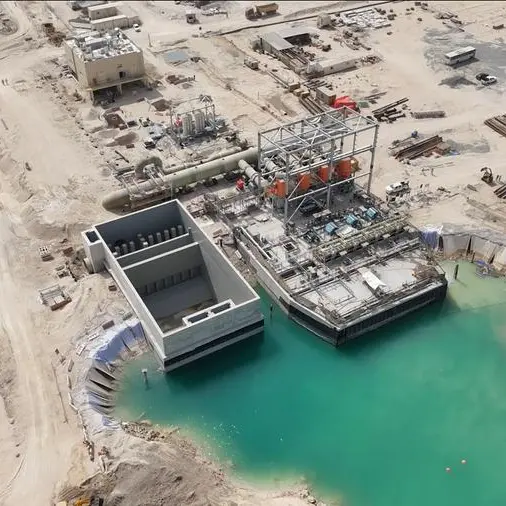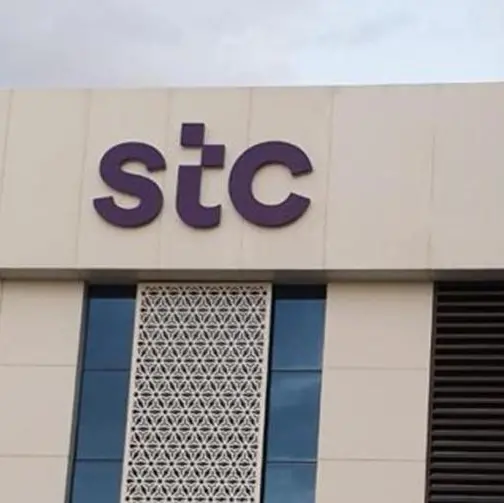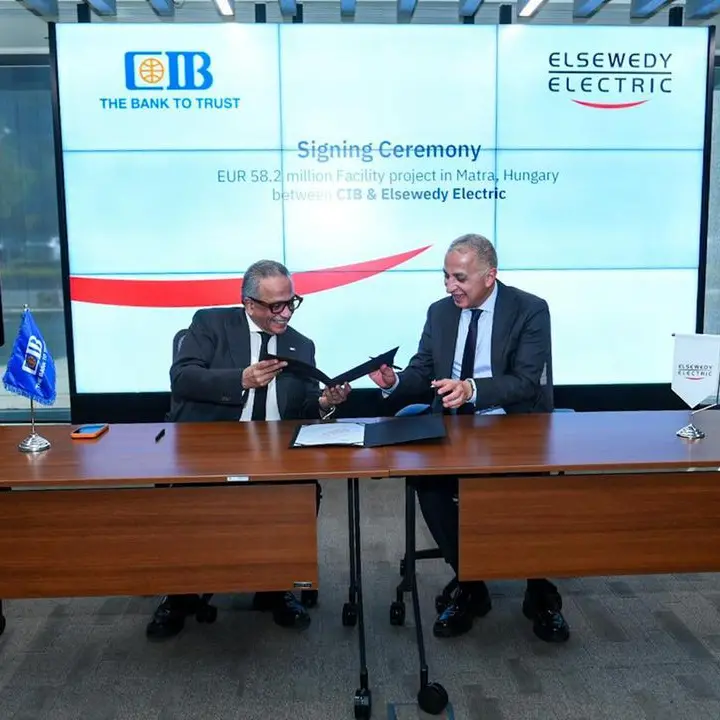PHOTO
The U.S. Trade and Development Agency (USTDA) announced on Monday that it has awarded a grant to Zambia’s GreenCo Power Storage Limited (GreenCo) for a feasibility study to expand battery energy storage systems (BESS) throughout the country.
The project will help facilitate the integration of renewable power into Zambia’s grid, while ensuring its stability and reliability, USTDA said in a press statement.
GreenCo selected US-based K&M Advisors to carry out the study.
The USTDA-funded study will inform GreenCo’s selection of battery storage technologies and system design by assessing the technical, economic, and financial viability of developing and implementing a utility-scale BESS pilot in the Sesheke District of Zambia, where it will be paired with a solar photovoltaic (PV) project.
Utilising the findings obtained from the pilot, the study will provide recommendations for an expanded 400 megawatt-hour (MWh) BESS portfolio in the country, the statement said.
The study will also include economic and financial analysis for operating both the pilot and portfolio, as well as a commercial and market analysis tailored to GreenCo’s business model.
“The scale of this project and its potential impact on renewable energy development in Zambia and across southern Africa is quite remarkable,” said Enoh T Ebong, USTDA’s Director.
“We are excited to receive USTDA’s support in developing Zambia’s first utility scale BESS, which will help increase the solar PV and wind power capacities that can be safely connected to the national grid,” said GreenCo Group CEO Ana Hajduka. “The BESS and the solar PV pilot project will directly enable are expected to create 600 short-term and 20 long-term jobs. We look forward to working with the Zambia Energy Regulatory Board, ZESCO and the Government of Zambia in ensuring the project’s success.”
When implemented, GreenCo’s BESS project will place Zambia at the centre of renewable energy trading across southern Africa and allow energy traders to buy renewable energy from anywhere in the region, store it in Zambia, and then sell it to any customer that is connected to the Southern Africa Power Pool, the USTDA statement said.
(Writing by SA Kader; Editing by Anoop Menon)





















